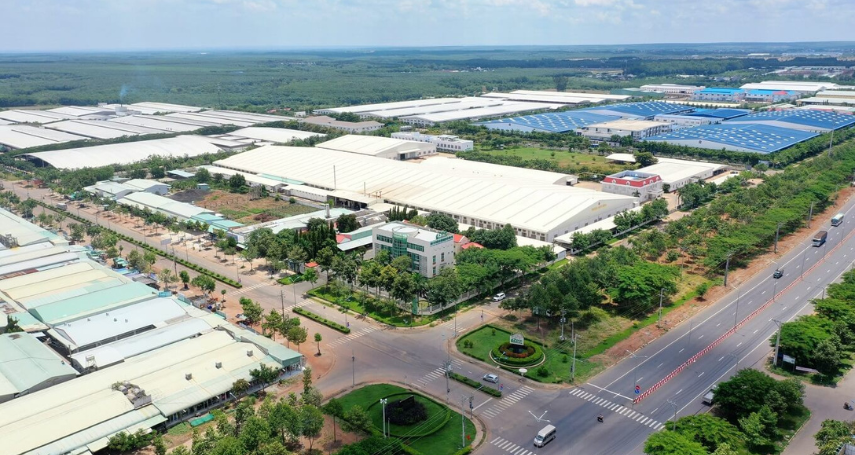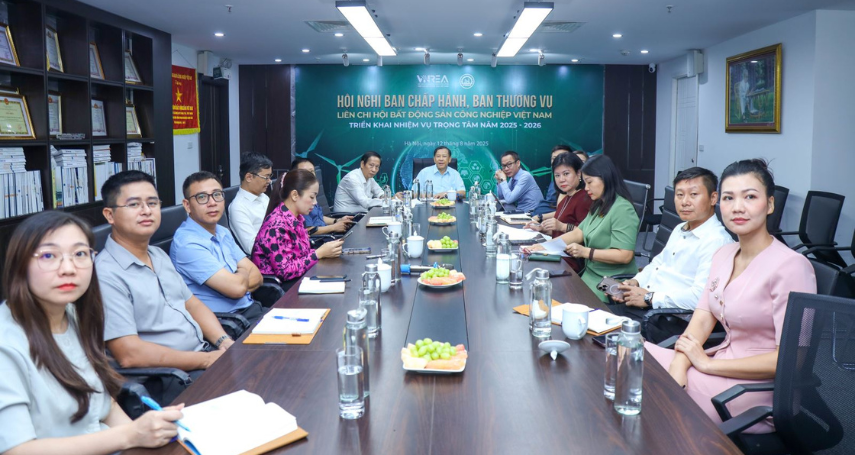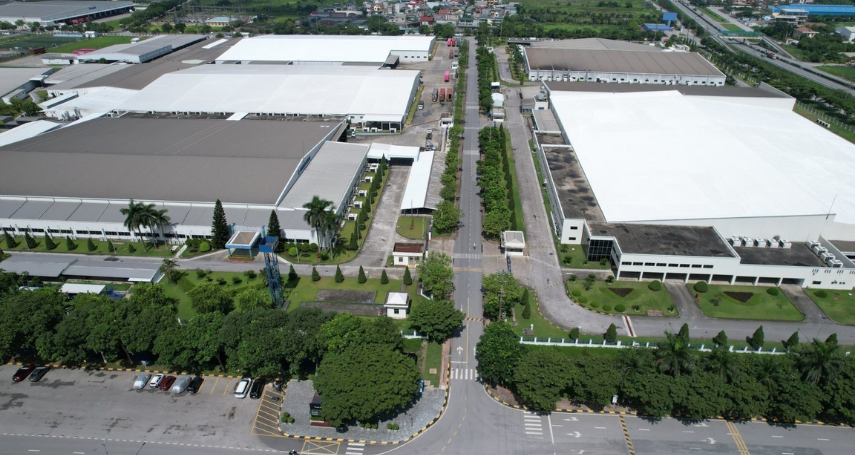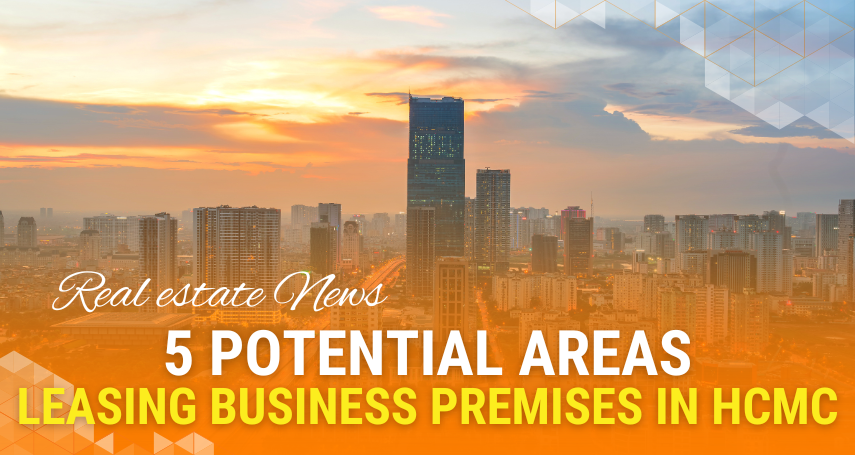Vietnam’s industrial real estate is currently a hotspot for international investors amid the global supply chain shift. The surge in foreign direct investment (FDI) into the manufacturing and processing sectors has created exceptional growth opportunities for this segment of the market. Alongside its strong growth potential, the sector also faces challenges in infrastructure, ESG standards, and regional competition.

1. Strong Growth Potential for Vietnam’s industrial real estate in 2025
FDI wave drives high demand for industrial real estate
In the first six months of 2025, Vietnam’s total registered FDI reached over USD 21.5 billion, an increase of 32.6% compared to the same period last year – the highest level since 2009. The manufacturing and processing industries accounted for the largest share, reinforcing Vietnam’s position as an attractive “factory” of the world.
Demand for high-quality industrial land is therefore continuously rising, especially in industrial zones equipped with modern infrastructure. Vibrant M&A activities also show that investment capital is not only focused on the construction phase but
ESG standards and digital transformation – key factors to enhance competitiveness
ESG (Environmental, Social, Governance) standards are increasingly becoming the “passport” to attract international investors. Vietnam is facing the challenge of green transformation in the construction and management of industrial zones. Successfully meeting ESG standards is a way to enhance competitive advantage and retain investors.
Digital transformation supports more efficient monitoring and management of infrastructure and logistics, helping to reduce costs and improve productivity in industrial real estate.

2. Major challenges for sustainable development of industrial real estate
Incomplete connectivity infrastructure – a bottleneck to address
The connection between industrial zones and seaports or expressways remains limited, leading to high logistics costs. In addition, risks of power shortages and wastewater treatment systems not meeting standards raise concerns for long-term investment.
Support services within industrial zones remain insufficient and inconsistent in quality, directly affecting labor productivity and the attractiveness of industrial real estate projects.
Intense regional competition among countries in the global supply chain
Indonesia, India, Thailand, and Malaysia are all implementing strong incentive policies and have abundant labor forces. Vietnam needs to introduce equivalent policies, focus on developing key manufacturing industries, and perfect the supply chain to maintain its advantage.
3. Recommendations and solutions for sustainable development of Vietnam’s industrial real estate
Refine investment attraction policies and leverage domestic enterprise strengths
According to Ms. Bui Thi Hai Yen, clearly categorizing industrial real estate developed by domestic and foreign investors allows for more accurate evaluation and the creation of suitable policies. Vietnamese enterprises need a unified mechanism to fully maximize their competitive advantages.
Focus on upgrading infrastructure and improving the investment environment
Priority should be given to developing well-connected transportation systems, ensuring stable power supply, and meeting standard waste treatment systems. At the same time, improving high-quality support services in industrial zones is essential to enhance labor productivity and attract investment.

Promote green transformation and adopt new technologies
Vietnam must quickly meet ESG standards, develop environmentally friendly “green” industrial zones, and apply digital technologies in infrastructure operation and management to maintain competitiveness and align with international trends.
4. Shaping the Future of Vietnam’s Industrial Real Estate
Effective coordination between government policies and businesses, with a focus on balancing economic growth and environmental protection, will be the key to sustainable development of Vietnam’s industrial real estate. Opportunities from the FDI wave and the global factory relocation trend are greater than ever – requiring thorough preparation in land resources, infrastructure, policies, and technology.
You may be interested in:
-
- Amendment to the 2024 land law: Unblocking financial bottlenecks, ending the practice of “citizens buying their own land”
- Ho Chi Minh City invests 7 billion USD to develop international financial center
- Surprising Benefits of Owning Social Housing That You Might Not Know
- Top southern regions forecasted for strong growth in Vietnam’s real estate market in 2025




